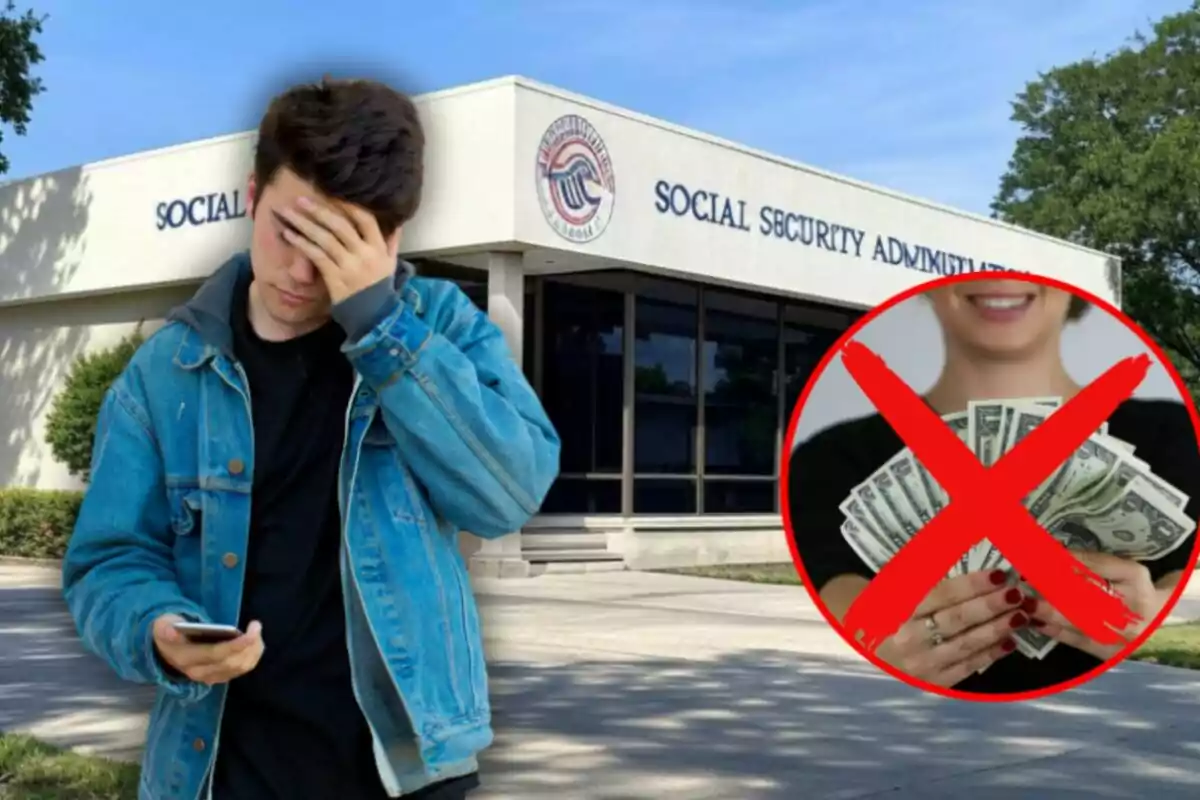
Half of America in shock after Social Security's decision: a devastating blow
Many United States citizens are witnessing with indignation a measure by the American government that they consider unfair
A blow has left half of America in shock. Social Security in the United States has just made a decision that shakes millions of families. The definitive farewell to an initiative that for decades provided assistance to low-income communities.
Government approved a budget law, signed on July 4, 2025, that completely eliminates funding for SNAP-ED, a complementary part of the SNAP program. This program had been helping for 33 years to teach how to cook healthy meals, eat better on a tight budget, and promote an active lifestyle.
Blow for millions of low-income Americans: it was vital assistance
The blow is brutal. Millions of affected people lose opportunities they once gladly received: cooking classes, mobile markets with fresh food, and community nutrition support. The impact is not only personal: it directly affects families, children, seniors, and people with disabilities who depended on that education to keep healthy.

SNAP-ED is not direct cash assistance, but rather an educational tool, vital for those facing economic limitations. It taught everything from how to buy healthy products to how to cook with little expense, and it also involved partnerships with markets, schools, and local bakeries.
Outrage among those affected by the farewell to SNAP-ED
The reaction among those affected has been outrage and dismay. Kristin McCartney, program director in West Virginia, states that there has been a "large influx of people who are upset. This is something people have come to love and to desire every year."
Experts like Cindy Leung from Harvard warn that without nutrition education, it will be more difficult for low-income families to eat well on limited budgets. Government justifies the decision by stating that they consider SNAP-ED "ineffective and duplicative," and for that reason decided to eliminate the $536 million it cost annually.

This decision could lead to the closure of programs that depended on it
However, health critics argue that these very initiatives show long-term results. Eliminating them means cuts in public health just as chronic diseases are on the rise.
The end of SNAP-ED could cause the closure of programs and institutions that depended on it (food banks, schools, and community centers) and cost jobs for educators, nutritionists, and coordinators. There are already states like Maryland, New York, or Connecticut warning of the end of their programs before October 2025.
More posts: